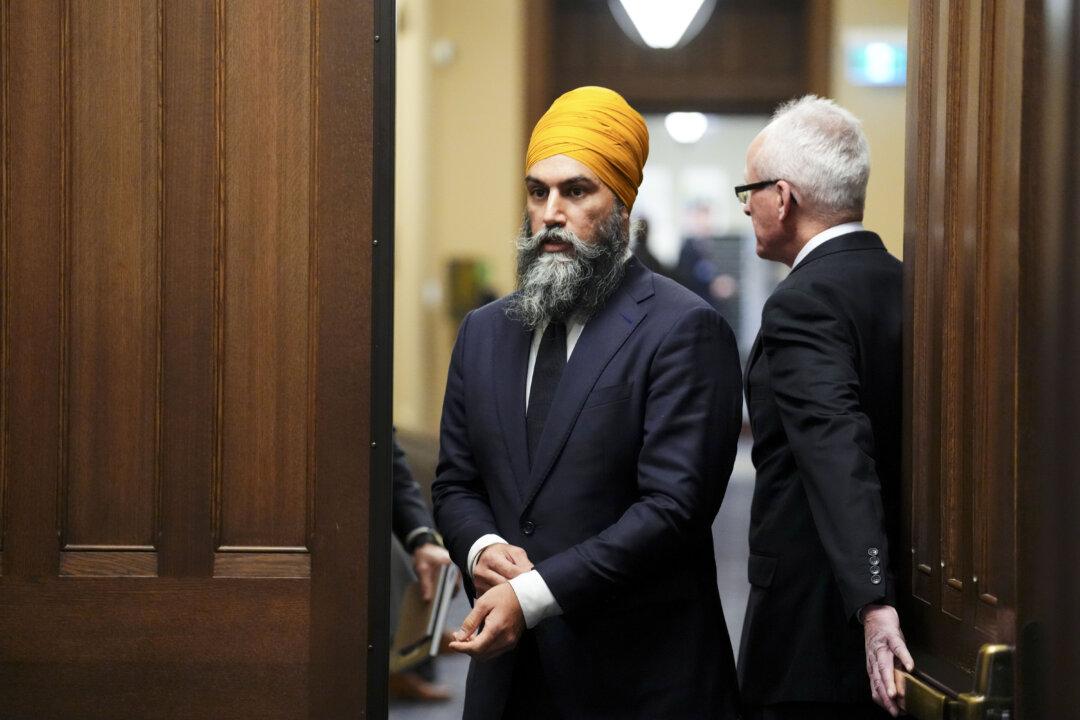NDP Leader Jagmeet Singh is calling for the inclusion of federal party leaders in Ottawa’s meetings with the premiers to discuss the threat of U.S. tariffs.
“I understand that you have convened an in-person meeting with Canada’s premiers. This is a positive step,” Singh said in a Jan. 15 letter to Prime Minister Justin Trudeau. “It is within this spirit that I am formally requesting that this table be expanded on an ongoing basis.”





